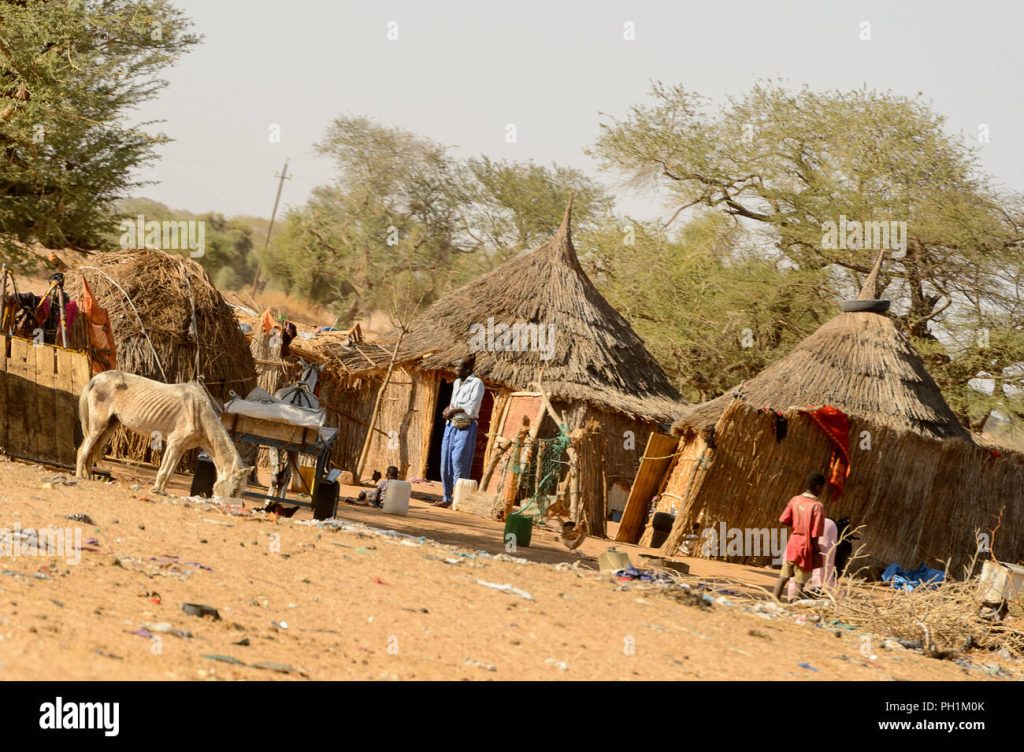Tracka Diaries
In the 65 years since our independence, it is unacceptable that some communities in Senegal still remain impoverished, lacking essential necessities such as clean drinking water, adequate education, proper healthcare services, and reliable transportation. With a budget set aside to tackle such problems each year, it is concerning that the government continuously fails to meet its budget commitments and policy objectives. The gap between stated intentions and actual implementation has impacted the well-being and trust of the citizens in the government. As such, we must prioritize these critical needs and hold our leaders accountable for their commitments.
Senegal is divided into 14 regions, 46 departments, and 557 communes. These communes constitute the majority of the country’s surface area and population. However, they often lack essential resources, leading some to believe that Senegal’s development halts at Dakar’s center. Despite several economic reforms proposed by three successive governments, Senegal struggles to meet its citizens’ demands for adequate services. The reality frequently reveals that while the operating budgets for ministries, agencies, and other departments are spent appropriately, investment in the communities is often overlooked. Furthermore, many announced projects remain incomplete or abandoned, with no accountability from the government.
The health situation is none the better as women continue to give birth on carts and are losing their lives due to inadequate healthcare facilities. Furthermore, the Heath Accountability Report 2022-2023, compiled by BudgIT and Enda, found that Senegal had an abysmal fraction of health centers by 2023, with a significant shortage of medical supplies and personnel. Coumba Guei, a regional officer for BudgIT in Saint Louis, stated, “Our health centers are not only insufficient, but they also lack the necessary materials and human resources. Communities are forced to travel long distances on poor roads to access them. This reflects our failure, as maternal mortality rates continue to rise while qualified healthcare professionals choose to stay in Dakar and attend universities instead.” Coumba’s observations are supported by data from ANSD, which shows that Senegal falls behind in providing adequate health services.
Although the situation is dire, some steps can be taken to mitigate the adverse effects of Senegal’s failing system. To ensure we achieve a total restoration of Senegal, we must first invest in education. Despite the budget allocated for national education between 2000 and 2024, Senegal still faces significant challenges. According to the Ministry of Education, the number of provisional shelters for students has decreased from 8,000 in 2012 to 5,000 in 2023, so many pupils continue to study in inadequate and insecure conditions. Not only is the environment unconducive for learning but there is also a notable shortage of teachers. Saybou Badiane, the Director of Human Resources at the Ministry of Education, has indicated that by the start of the 2024-2025 school year, the Senegalese school system will be short of 4,527 teachers. This is an alarming situation, and the government must act to avoid further degradation of the educational system.
All citizens have unalienable rights that the government must respect and uphold. Among the most important rights are access to clean water and adequate sanitation, essential for healthy living. The rural and urban areas of the Kaolack region appear to be among the most underserved communities in terms of water and sanitation services. Although the government of Diomaye Faye has made efforts to organize in-depth consultations on how to solve the water and sanitation issues, more strategic efforts must be taken to avoid the outbreak of epidemics or illnesses that could further cripple Senegal.
As part of our contributions to mitigating these issues, we launched Tracka, our public service delivery platform, to monitor projects and demand transparency and accountability from government officials. Tracka allows citizens to take action for their communities’ current and future well-being. Our regional officers and community champions have been leading the charge since 2024 to inspire a shift in the mindset toward citizen participation and demand better service delivery in Senegal. They amplify the citizens’ voices through social media, community radio, and local engagements, meticulously track capital investments, and insist on transparent budget allocations that benefit the citizens.
Our initiative highlights the importance of ensuring public funds uplift the community and not just cater to the privileged few. Every citizen deserves access to quality services, and authorities have a duty to be accountable for their governance and prioritize the community’s needs. We hope our initiative will lead to positive social change where every Senegal citizen can access basic necessities like clean water, education, and health facilities.
We are BudgIT Senegal, and we stand united in promoting a healthy and sustainable Senegal!
